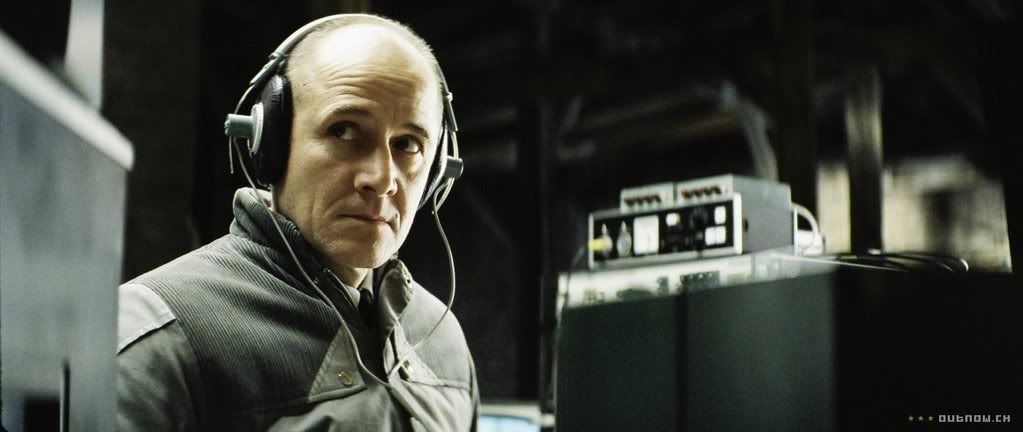Oppressing The Spark Of Hope
 Where there is tyranny, the spark of hope can be all but extinguished by the oppressive darkness of the state, and while the spark never dies, it stays faintly kindled only by the lives of others.
Where there is tyranny, the spark of hope can be all but extinguished by the oppressive darkness of the state, and while the spark never dies, it stays faintly kindled only by the lives of others.In The Lives of Others, which won the Academy Award for Best Foreign Film in 2007 (along with its 41 other international awards), once hopeful lives are indeed crushed under the heavy, corrupt hand of the East German police state in the last years of the Soviet Empire. But the power of the spark does stay alive in the film, tyranny ultimately fails, and new lives begin.
I waited a long time to see the film, which has been on my "must view' list since the first review I read of it. The review detailed a scene in which the central character, a Stasi (secret police) agent, is asked by a young boy in an elevator if he is indeed Stasi.
"Do you even know what Stasi is?" asks the agent, Hauptmann Gerd Wiesler, played in haunting sterility by Ulrich Muhe.
"Yes, they're the people who send innocent people to prison."
"And who told you that?"
The boy answers "My father," and in the moment before he can ask the obvious next Stasi question, all the slowly building complexities of the plot come together and a spark of hope ignites in the empty soul of Wiesler.
East Germany in the late 1980s, North Korea, Pakistan, the Middle East, Africa, Venezuela today. Throughout the world, countries are full of people with sparks, and others who are watching their lives, trying to put out the sparks, trying to keep the oppressing blandness and overwhelming control in place.
Find a night when the house is quiet, watch the film and marvel at how relevant its 20-year-old story remains. Here's the Netflix page for your convenience.
Labels: Movies, The Lives of Others




<< Home